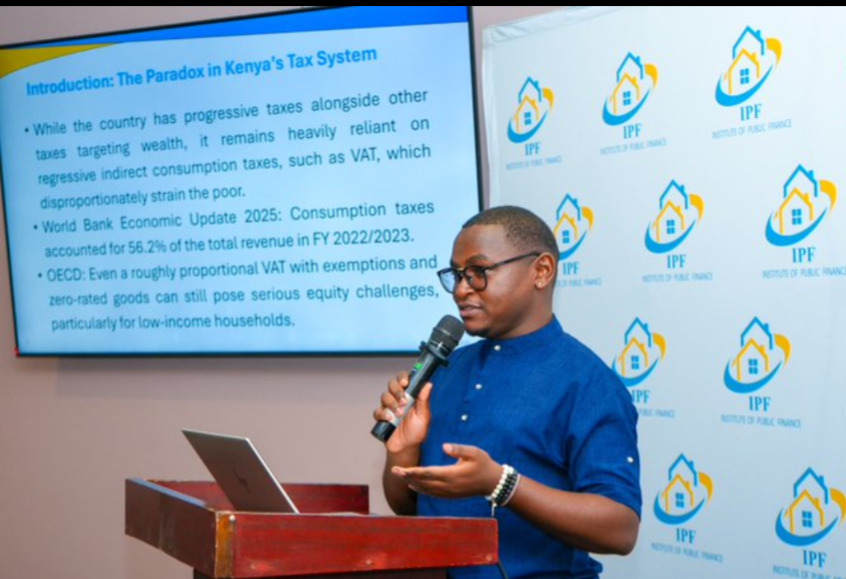By Stella Mambo
As countries worldwide grapple with sluggish economic growth exacerbated by high inflation and rising interest rates, governments are rapidly reshaping economic policies to stimulate recovery. This transformation is unfolding against a backdrop of shifting geopolitical dynamics, potential U.S.-China trade conflicts, and disruptive internal reforms.
Amid these global changes, African nations are emerging as key players, implementing innovative financial reforms to attract investment and drive growth.
Global Economic Policy Overhauls
The European Union has launched initiatives to deepen capital markets, streamline business operations, and secure energy supplies. Meanwhile, the United Kingdom’s ‘Invest 2035’ strategy aims to revitalize its economy through a modern industrial approach.
In the United States, President Donald Trump, recently re-elected, has pledged to revive domestic manufacturing by imposing tariffs on global supply chains, signaling a shift toward protectionist policies.These developments are reshaping the global economic landscape, with capital flows increasingly favoring developed markets over emerging ones.
This trend poses challenges for Africa, where rapid population growth demands significant investment in infrastructure and economies. However, African nations are rising to the occasion, implementing bold reforms to attract capital and stabilize their financial systems.
Africa’s Financial Market Reforms
African countries are emerging from a challenging economic period marked by high global interest rates, currency volatility, and geopolitical risks exacerbated by the Covid-19 pandemic.
To address these issues, regulators have introduced reforms that are already yielding positive results. For instance, Benin, Ivory Coast, and Kenya have successfully re-entered the Eurobond market, while others are exploring innovative financing options such as Sukuk and Panda bonds.
Multilateral funding from institutions like the World Bank and the International Monetary Fund (IMF) has further supported these efforts, catalyzing reforms that promote market-based capital structures, relaxed foreign currency regulations, and improved transparency.
These measures are helping African markets rebound and attract investment from advanced economies.
Innovative Funding Solutions
African financial markets are increasingly experimenting with sophisticated funding mechanisms, including Repurchase Agreements (REPOs), Total Return Swaps (TRS), asset-backed securities, and derivatives.
These instruments, long traded in advanced markets, are proving attractive to global investors seeking new opportunities.Efforts to boost local investor participation are also gaining traction, addressing the undervaluation of stocks caused by capital outflows. Reducing costs associated with these financial instruments and expanding cross-border market access are key priorities.
Structured notes, Exchange-Traded Funds (ETFs), and alternative investments linked to interest rates, equity, credit, inflation, and commodities are becoming increasingly popular.
Read More On : https://africawatchnews.co.ke/saccos-urged-to-embrace-digital-solutions-for-enhanced-efficiency-and-service-delivery/
Deregulation and Pro-Business Policies
A notable trend toward deregulation is emerging globally, with President Trump’s administration leading the charge. In his inaugural foreign policy address at the World Economic Forum, Trump emphasized reduced regulatory constraints and pro-business policies, particularly in energy production.
This deregulatory approach is expected to influence African financial markets, where regulators are becoming more adaptive and responsive.For example, Kenya is exploring the introduction of infrastructure funds and drawing lessons from India’s successful money market funds. Such initiatives aim to create a more dynamic investment environment, enabling African economies to capitalize on evolving global trends.
Cautious Optimism for African Economies
Analysts are closely monitoring which African economies are best positioned to benefit from these reforms. Countries like Kenya are showing promising signs, with reduced inflation, increased economic growth, improved foreign reserves, and stable currencies.
These developments enhance their prospects for accessing global funding markets and attracting investment.
Recognition in indices such as the Absa Africa Financial Markets Index (AFMI) is also playing a crucial role in signaling these positive changes to investors. As domestic financial conditions improve, capital flows are expected to become more efficient, driving growth across the continent.
The global economic landscape is undergoing significant transformation, with African nations at the forefront of innovative financial reforms. By embracing policy changes, exploring new funding solutions, and fostering a pro-business environment, these countries are positioning themselves for sustained growth and recovery. While challenges remain, cautious optimism prevails as Africa navigates this new era of economic opportunity.

Read More Stories At : https://africawatchnews.co.ke/







